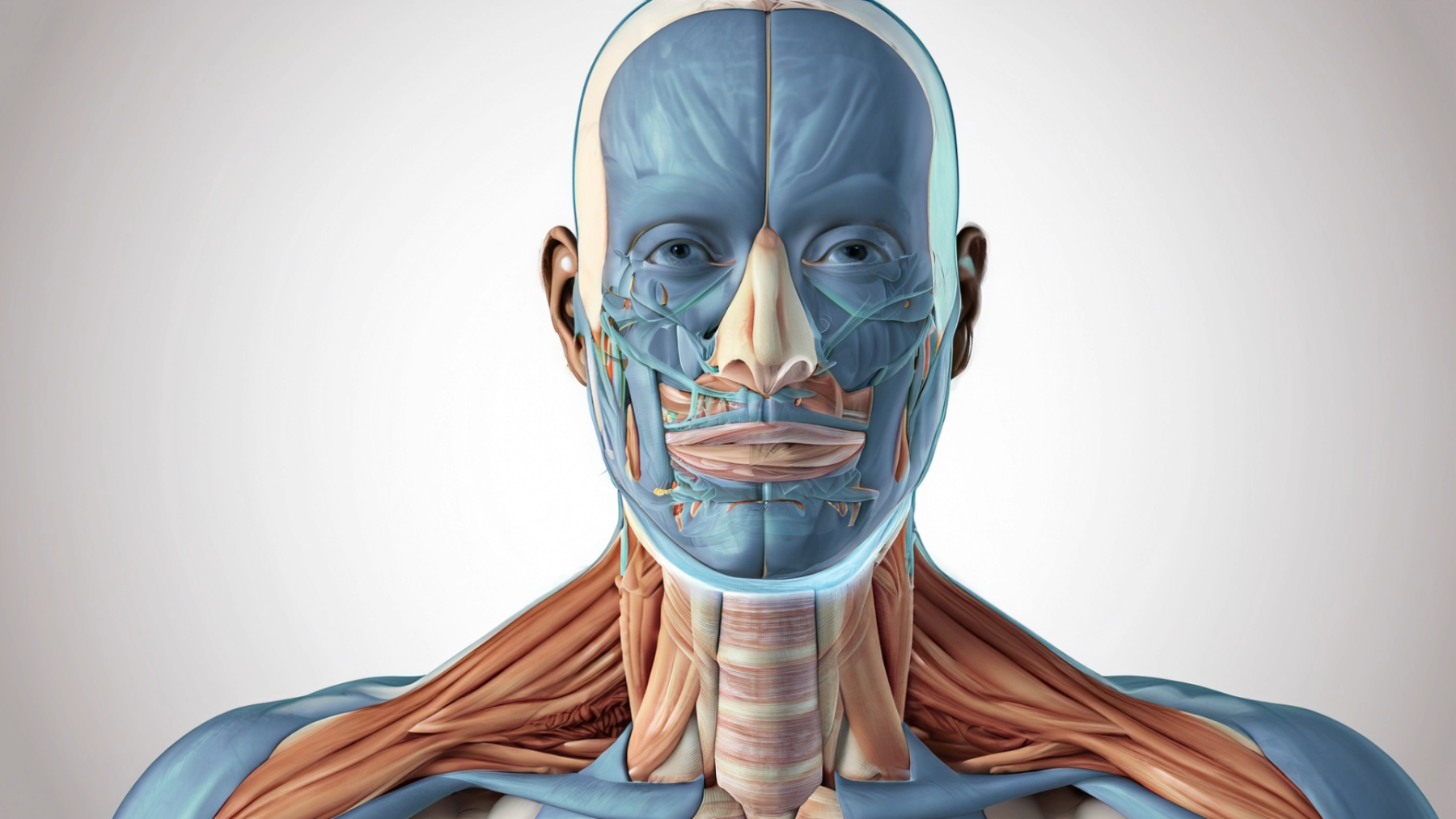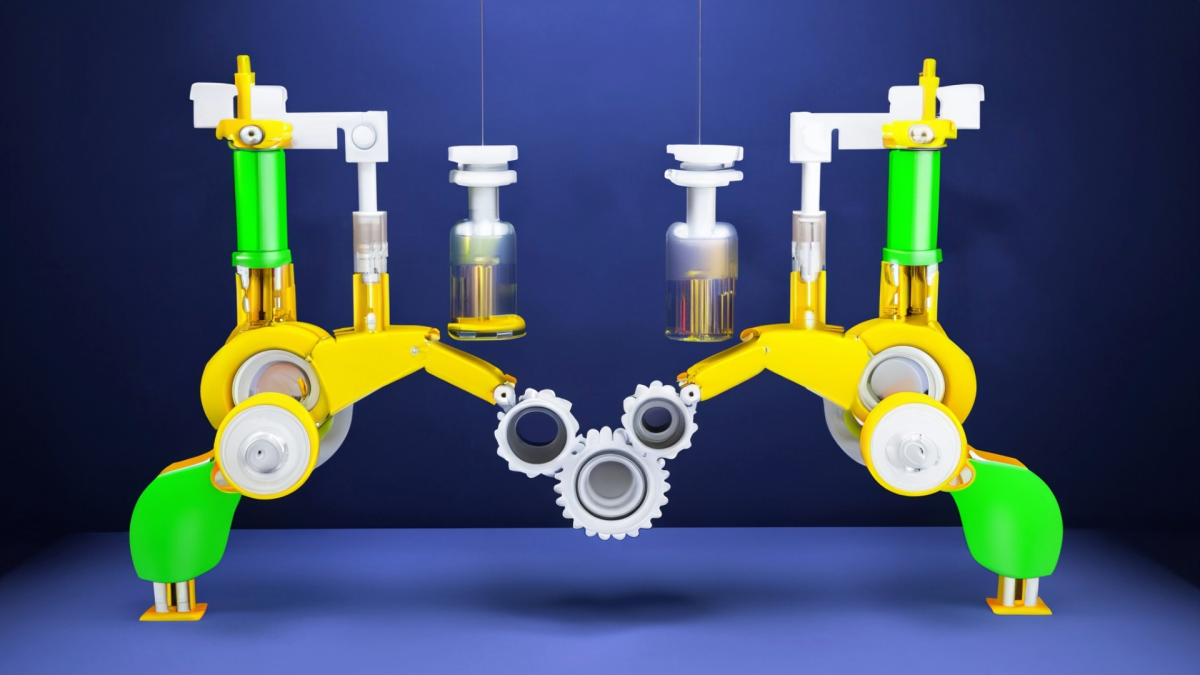
I'm Too Hot to Learn
by Leslie Gudger
Human cells function best within a specific temperature range. Recent scientific data has shown that extreme high temperatures can have detrimental effects on our cells. In fact, repeated exposure to extreme heat (like the 31 consecutive days of 110-plus degree weather we endured in 2023) can damage brain cells, cause inflammation in the brain, and exhaust cognitive reserve. How do we expect our students to gain and retain information under this steadily changing environment? Students will be conducting research on this scientific concept and creating a video to show their findings.
Lesson Grade Level
7th GradeLesson Plan Link/URL
https://docs.google.com/presentation/d/1F3bmMOpqqZUP8GVj-qLRIrPkKyE2ehRo/edit?u…Subject Area
Science Life Science L1: Cells Technology 1. Empowered Learner 3. Knowledge Constructor 6. Creative Communicator English Language Arts (ELA) Reading (Informational Text) Speaking & Listening
Featured
Off
Related Content

Grades:
6th Grade, 7th Grade, 8th Grade
This lesson is part 2 of 2, Days 3 and 4. This lesson is set up to have students explore the friction bridge designed by Leonardo Da Vinci. Students have discovered the inventor and become familiar

Grades:
9th Grade, 10th Grade, 11th Grade, 12th Grade
This engaging lesson has students create a dynamic poem, using at least 3 particular Literary Elements, that describes the form and function of a particular Anatomy & Physiology term. The students

Grades:
7th Grade, 8th Grade, 9th Grade, 10th Grade
This project sets students up to explore animal anatomy and physiology with the idea of replacing a lost appendage (beak, leg, tail, fin, etc.) This is used in small groups of 2 or 3 over the course